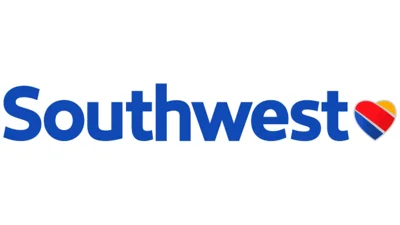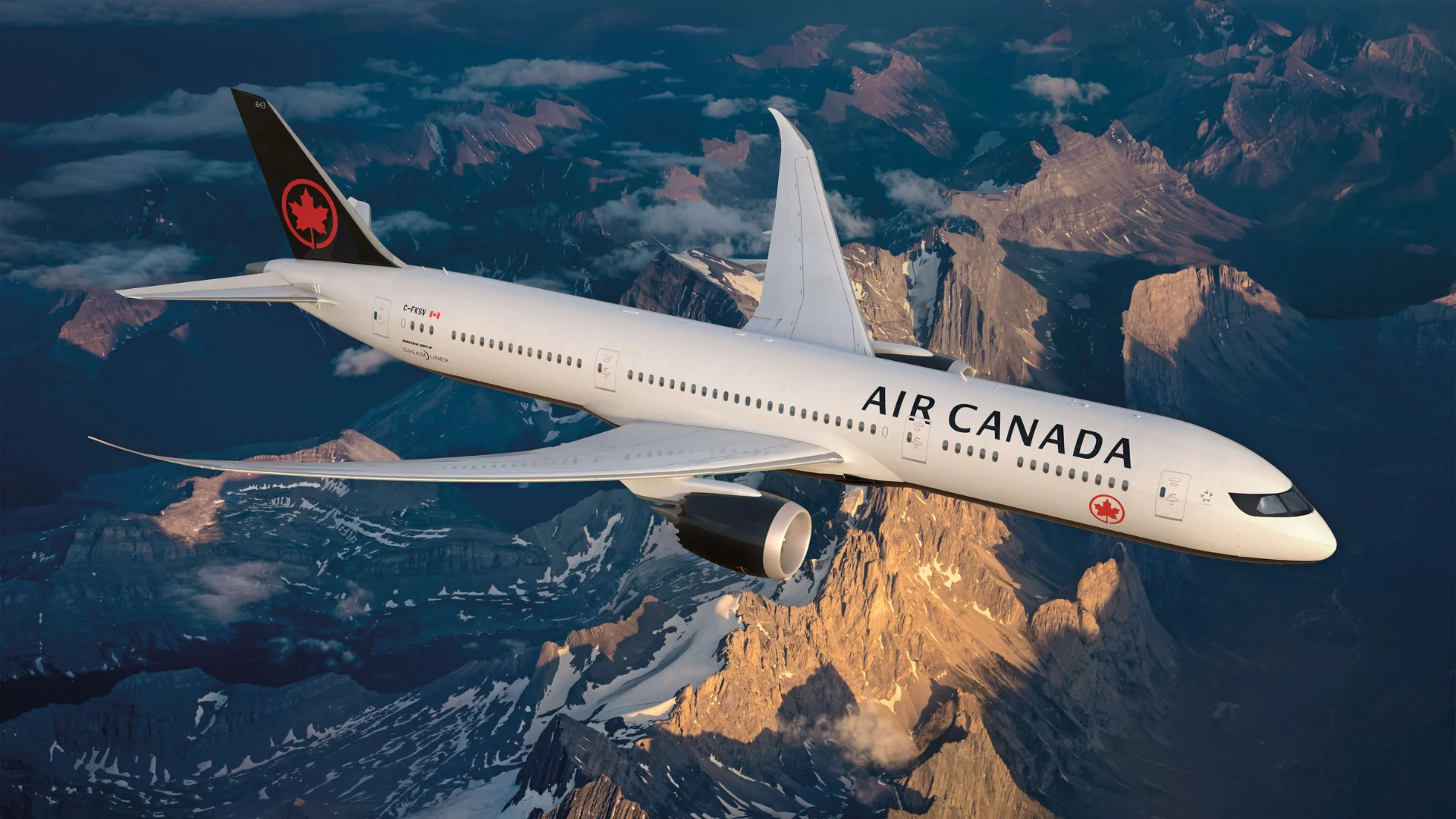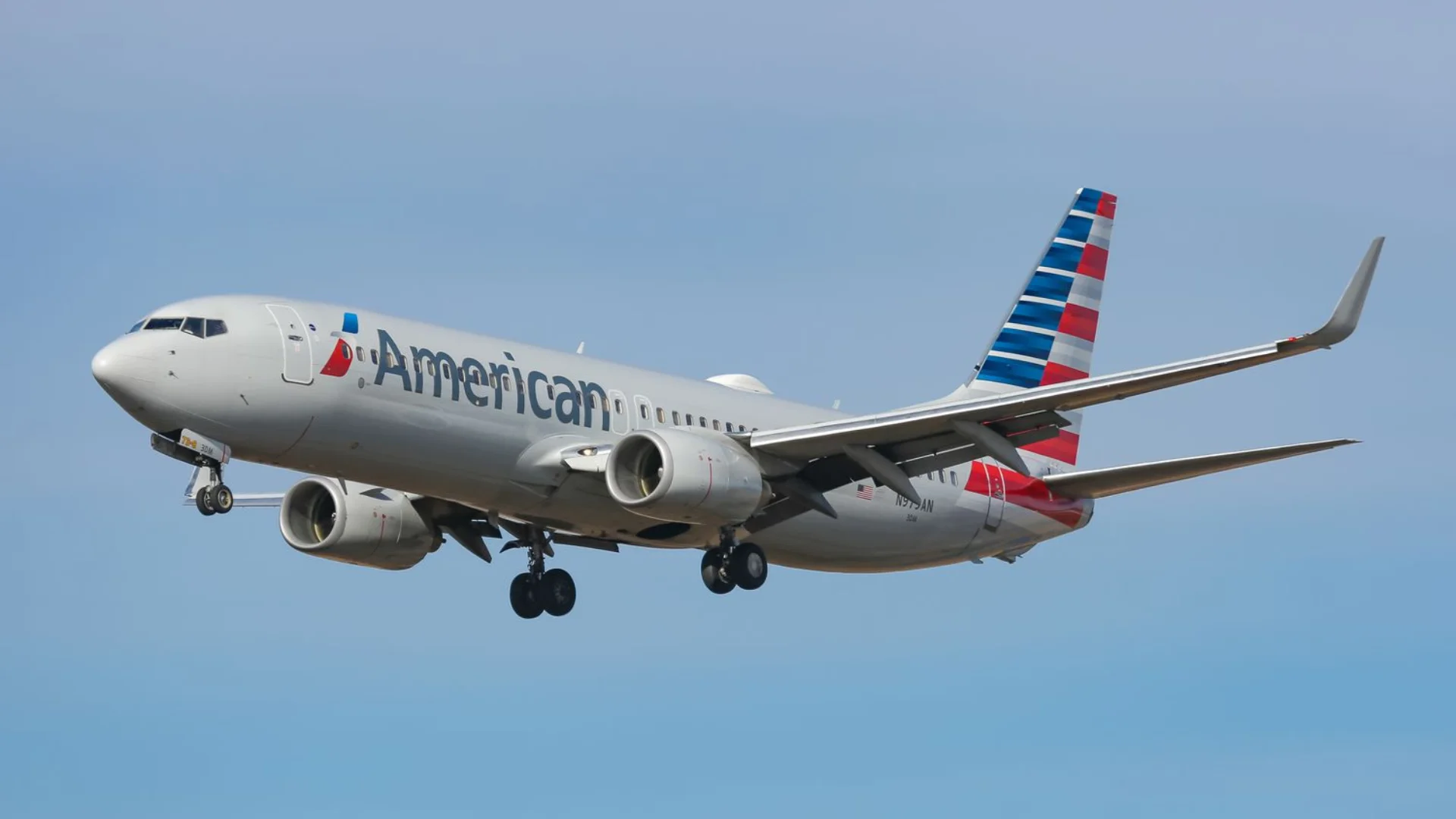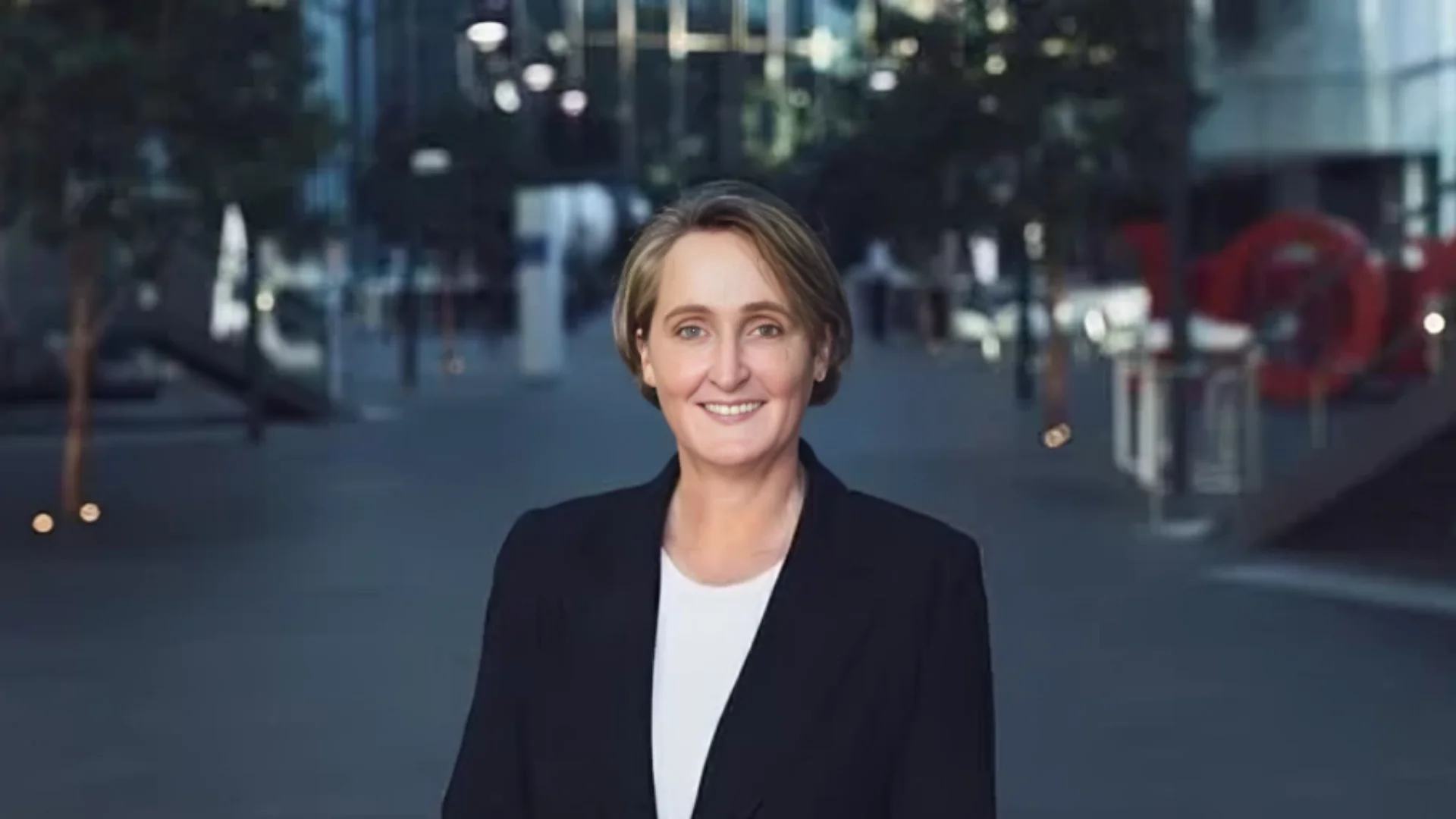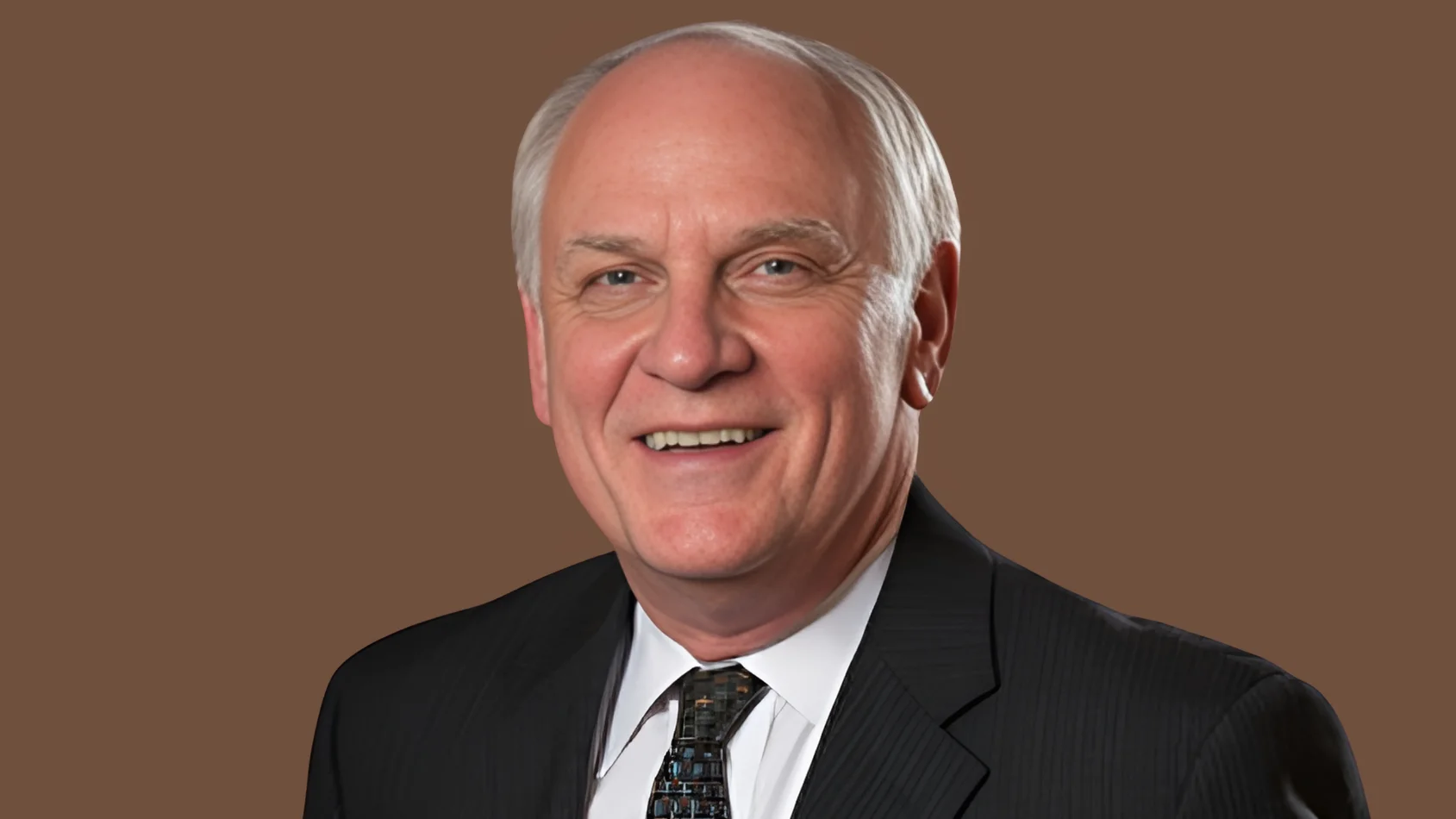Air Canada's strategy includes targeting local markets with low-frequency services while offering connections to other destinations such as Tokyo and Seoul. The airline's block time measurement considers various factors including taxi time and potential short delays at slot-controlled airports.
For July and August, Air Canada's longest Boeing 737 MAX flights include:
- Montreal to Edinburgh: Three weekly flights with a maximum block time of 7 hours and 20 minutes.
- Vancouver to Miami: Three weekly flights with a maximum block time of 6 hours and 45 minutes.
- Halifax to London Heathrow: Daily flights with a maximum block time of 6 hours and 45 minutes.
- Vancouver to Cancun: Two weekly flights with a maximum block time of 6 hours and 30 minutes.
- Montreal to San Francisco: Eight weekly flights with a maximum block time of 6 hours and 12 minutes.
- Vancouver to Honolulu: Daily flights with a maximum block time of 6 hours and 10 minutes.
- Vancouver to Newark: Two daily flights with a maximum block time of 6 hours and 9 minutes.
- Vancouver to Tampa: Two weekly flights with a maximum block time of 6 hours and 3 minutes.
- Toronto to Keflavik: Six weekly flights with a maximum block time of 6 hours.
- Montreal to Los Angeles: Up to two daily flights with a maximum block time of 5 hours and 57 minutes.
According to ch-aviation data, Air Canada operates a fleet of Boeing 737 MAX aircraft averaging an age of about five years. These aircraft will transition from the mainline fleet into Rouge's fleet.
Air Canada's Halifax-London Heathrow route stands out as its only daytime service to Europe. In July and August, flight AC868 departs Halifax at noon local time arriving in London at night. Due to limited slots at Heathrow, the aircraft often remains overnight in the UK before returning as flight AC869 back to Halifax.
 Alerts Sign-up
Alerts Sign-up



